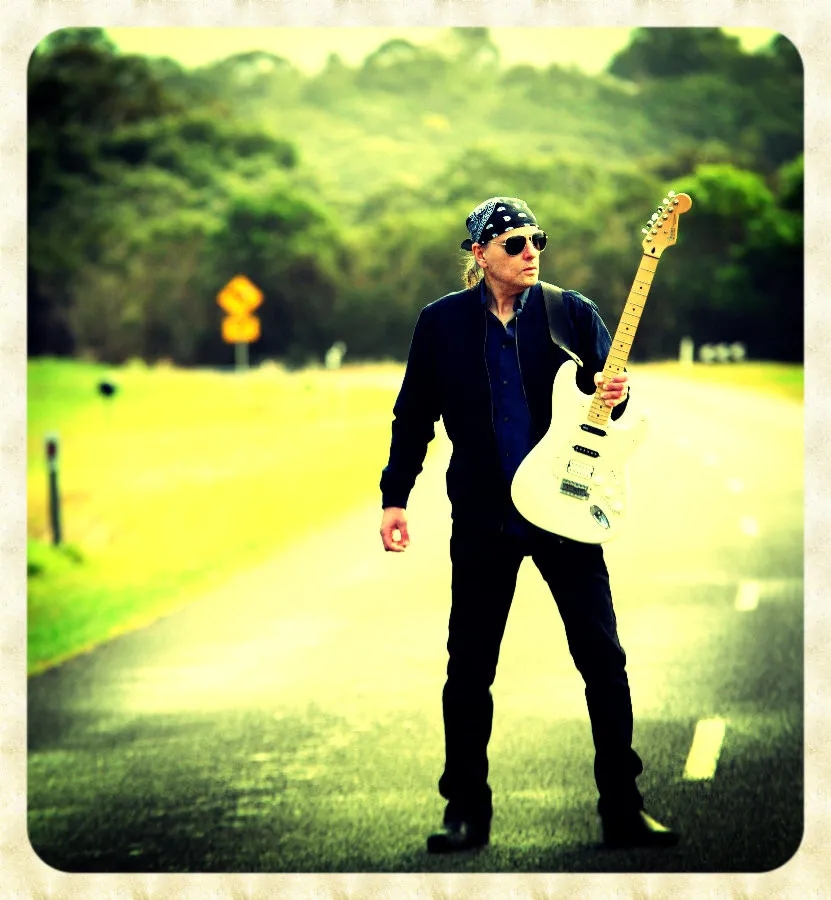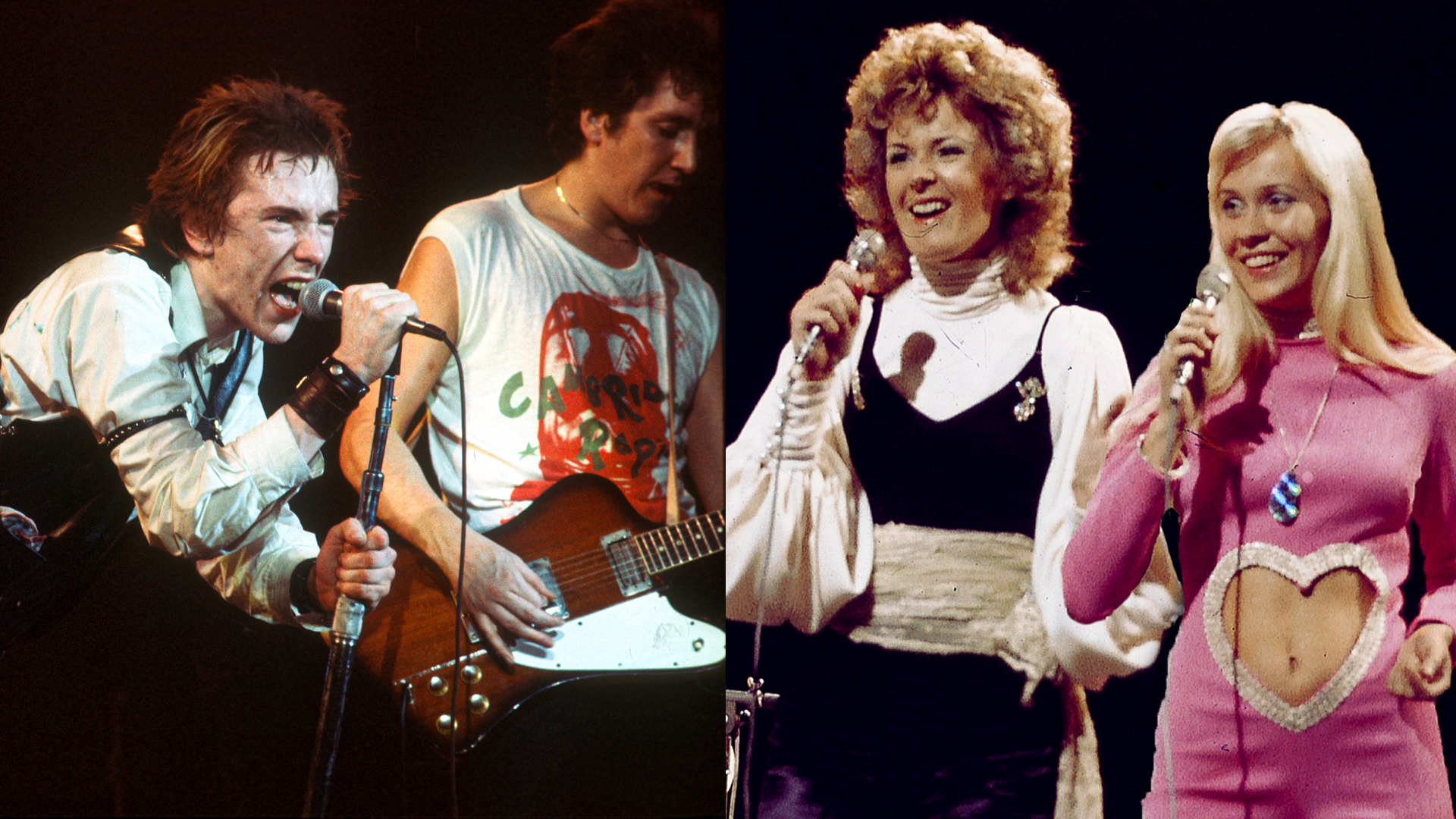“We were mixing ‘Frampton Comes Alive!’ and they just kept on coming in and borrowing all sorts of different stuff!” Peter Frampton says Ace Frehley and Paul Stanley used his guitars on Kiss’s smash 1975 live album
The his rock acts were coincidentally working on their breakthrough live albums at Electric Lady Studios in New York City
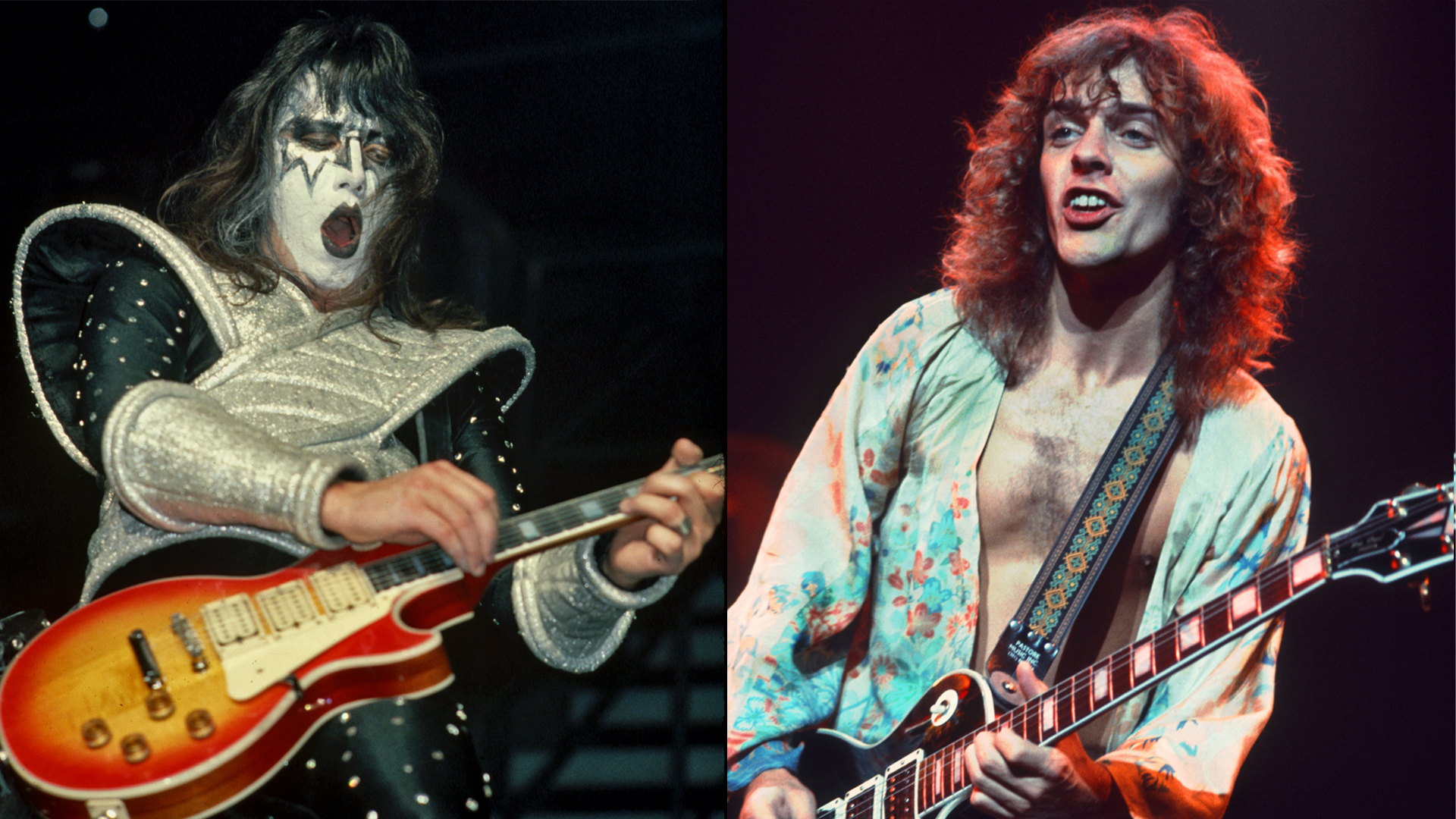
All the latest guitar news, interviews, lessons, reviews, deals and more, direct to your inbox!
You are now subscribed
Your newsletter sign-up was successful
It’s no secret that Kiss’s 1975 album Alive! was doctored in the studio with overdubs. Guitarists Paul Stanley and Ace Frehley and drummer Peter Criss have confirmed it in their autobiographies, while bassist Gene Simmons has discussed it elsewhere.
While the album was intended to capture the energy of a live Kiss show, getting all the pieces to work with a group like Kiss proved difficult. Stanley’s animated stage moves meant he wasn’t always on mic, and the heat from the stage lights could throw the guitars out of tune.
Overdubbing and re-creating those parts in the studio allowed them to rectify the issues while maintaining the live energy of the original recording.
Alive! producer and engineer Eddie Kramer confirms that the shows’ production elements were largely to blame.
“Bombs going off, Gene spitting fire, rockets from Ace’s guitar. And imagine leaping about the stage in those super-high-heeled boots!” he tells Guitar Player today. “It’s no wonder things got a little bit out of whack.
“Kiss was a new band and the effort they put out in those shows was monumental, so we did a bunch of guitar and vocal overdubs at Electric Lady Studios,” he says, referring to the facility he helped Jimi Hendrix build in the heart of Greenwich Village.
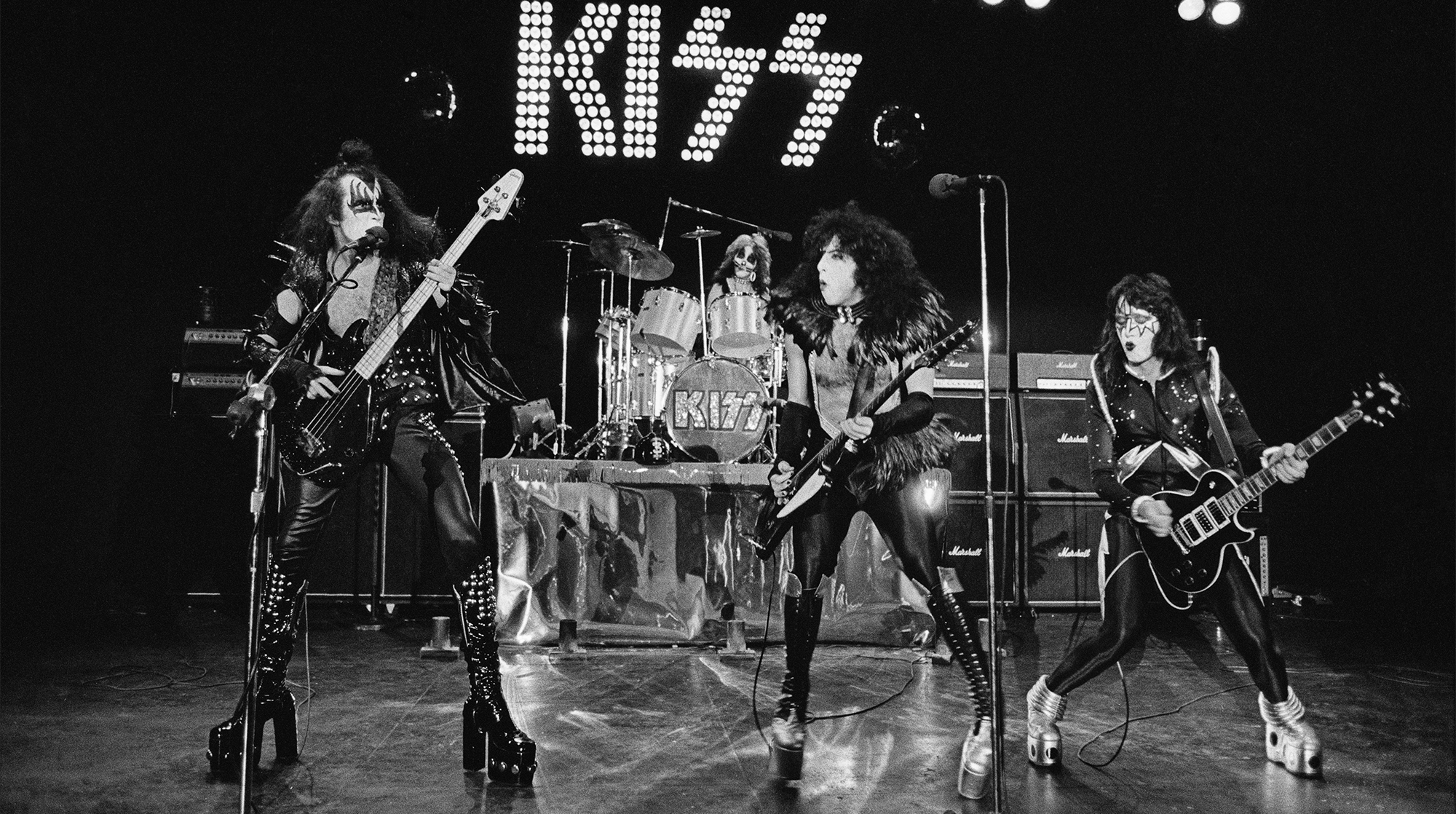
By coincidence, Peter Frampton was at Electric Lady working on Frampton Comes Alive, his monumental live album that topped the charts in 1976. And as Frampton revealed to this writer in a 2005 interview, Frehley and Stanley made ample use of his gear while sweetening up Alive!
All the latest guitar news, interviews, lessons, reviews, deals and more, direct to your inbox!
“We were mixing Frampton Comes Alive, and Kiss were next door doing the same thing for Alive!,” Frampton said. “But they kept on coming to us and asking if we got guitars, amps or basses, as they were doing some fixing on their live record.”
They kept on coming to us and asking if we got guitars, amps or basses, as they were doing some fixing on their live record.”
— Peter Frampton
Among the guitars Frampton had with him was his famous mid-1950s Les Paul Custom “Black Beauty,” the iconic instrument featured on the cover of Frampton Comes Alive! and the same electric guitar he played on Humble Pie’s breakthrough album, Performance: Rockin’ the Fillmore. Frampton would dub the guitar Phenix after it survived a 1980 plane crash and was considered lost before he recovered it some 32 years later.
“They just kept on coming in and borrowing all sorts of different stuff,” Frampton confirms. “So my equipment is on that album — but not me!”
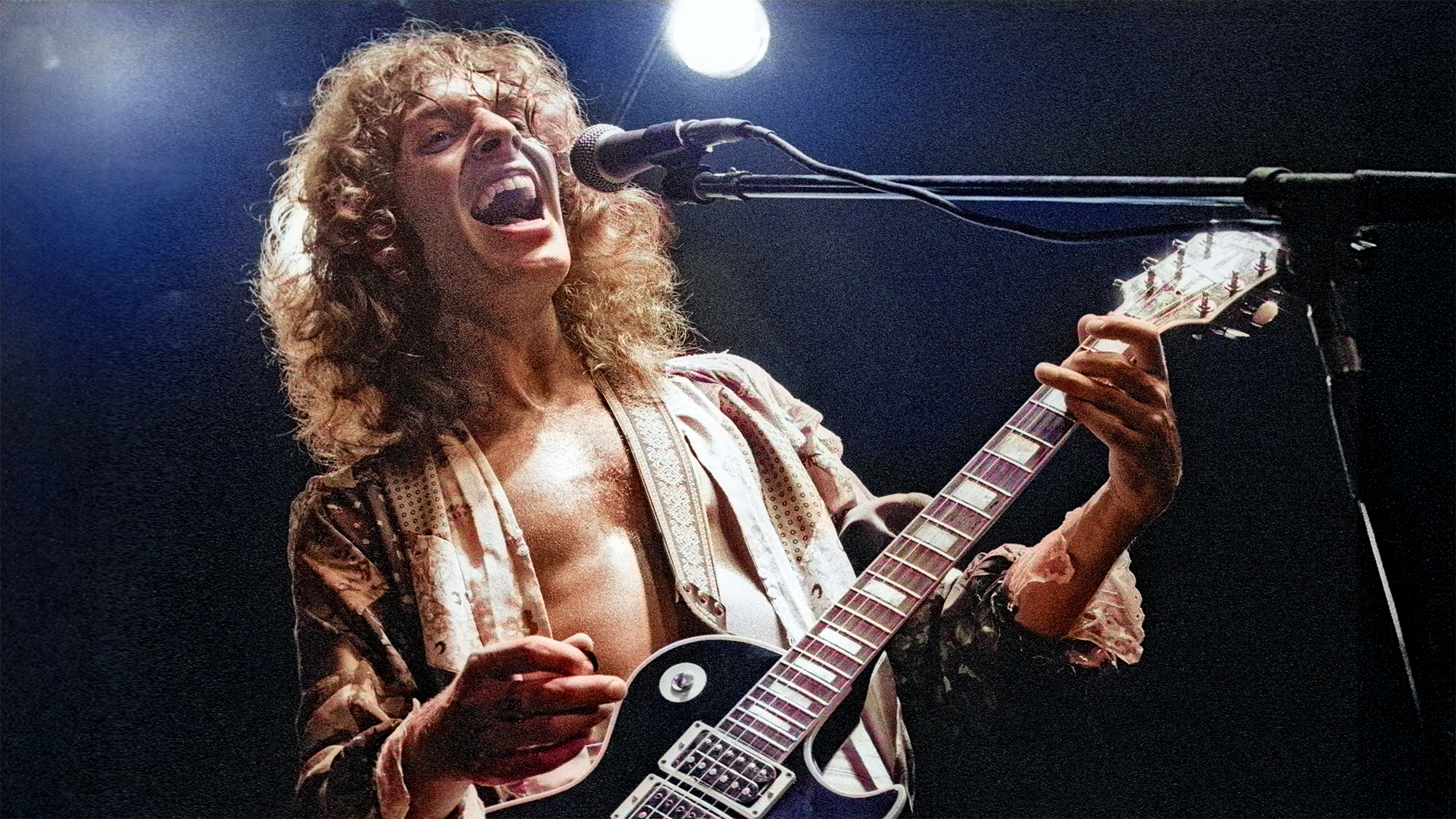
Kramer confirms Frampton’s account but doesn’t recall if any of his guitars made an appearance on Alive!
“I do remember Peter’s amps in Studio A other than the Marshall stacks that Ace and Paul had,” he says. “Aside from them doing lead vocals and some harmonies, that’s all the gear I can remember now, as it’s ‘only’ 50 years ago now.”
Although some critics have taken shots at Alive! over the years, given the studio work that was performed, Kramer has no regrets about the decision to improve upon the performances.
I do remember Peter’s amps in studio A other than the Marshall stacks that Ace and Paul had.”
— Eddie Kramer
“After having heard all of the original shows and the rehearsals, they were remarkably good,” he affirms. “The essentials were there and well played, and we did whatever was needed to make that a great live album.
“In the end, it was the album that broke Kiss big time by going multi-Platinum and selling close to eight million copies.”
As for Frampton Comes Alive!, it also gave the guitarist his breakthrough and became the best-selling album of 1976 after spending 10 nonconsecutive weeks on the charts and producing three smash singles. Like Alive!, it has gone on to move eight million units, putting Frampton’s gear on two of the biggest-selling live albums of the 1970s.
Joe Matera is an Italian-Australian guitarist and music journalist who has spent the past two decades interviewing a who's who of the rock and metal world and written for Guitar World, Total Guitar, Rolling Stone, Goldmine, Sound On Sound, Classic Rock, Metal Hammer and many others. He is also a recording and performing musician and solo artist who has toured Europe on a regular basis and released several well-received albums including instrumental guitar rock outings through various European labels. Roxy Music's Phil Manzanera has called him "a great guitarist who knows what an electric guitar should sound like and plays a fluid pleasing style of rock." He's the author of two books, Backstage Pass; The Grit and the Glamour and Louder Than Words: Beyond the Backstage Pass.
![Kiss - Alive! [Full Album] (HQ) - YouTube](https://img.youtube.com/vi/_TlBaIlWvOE/maxresdefault.jpg)
